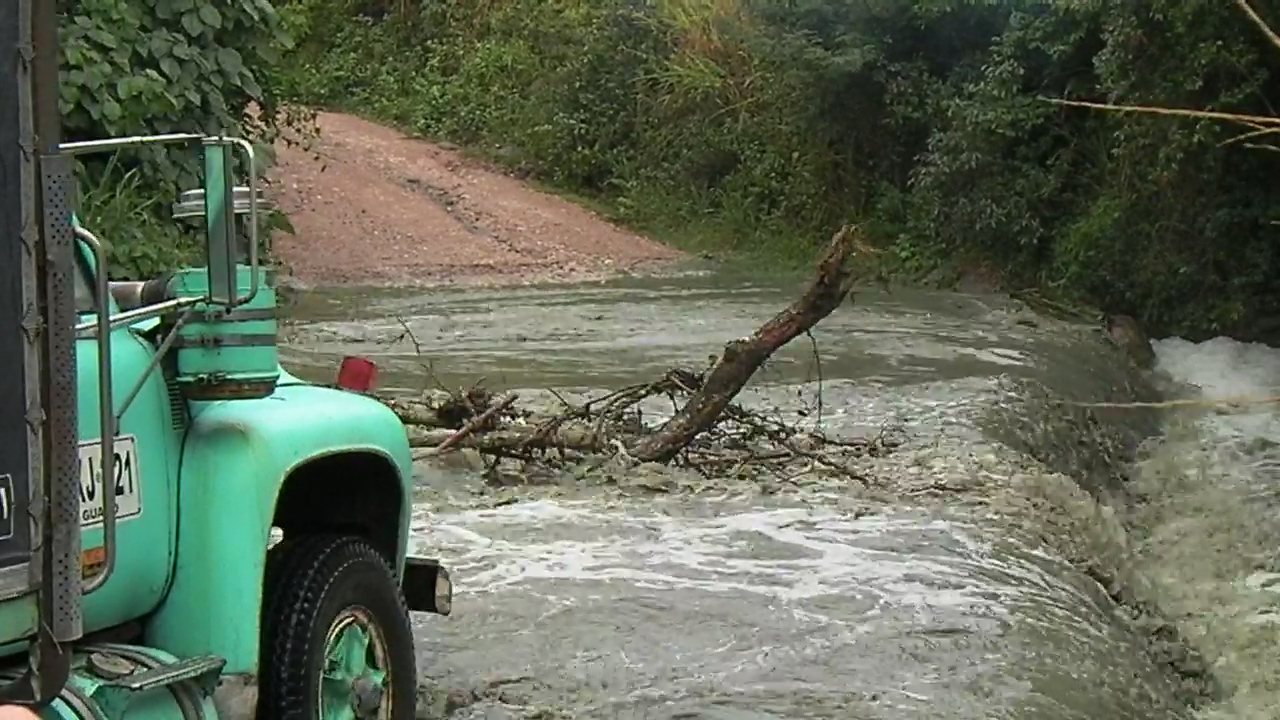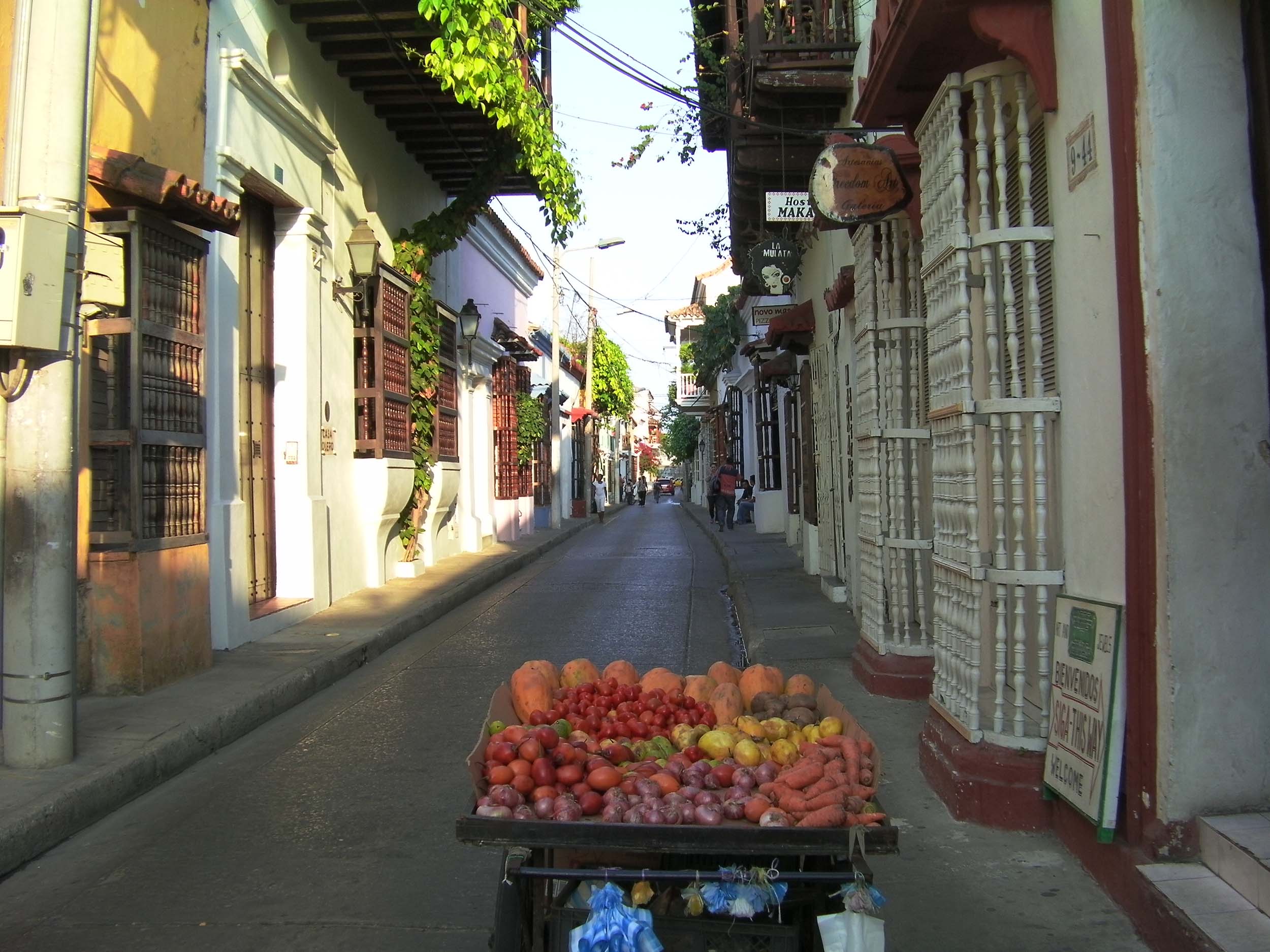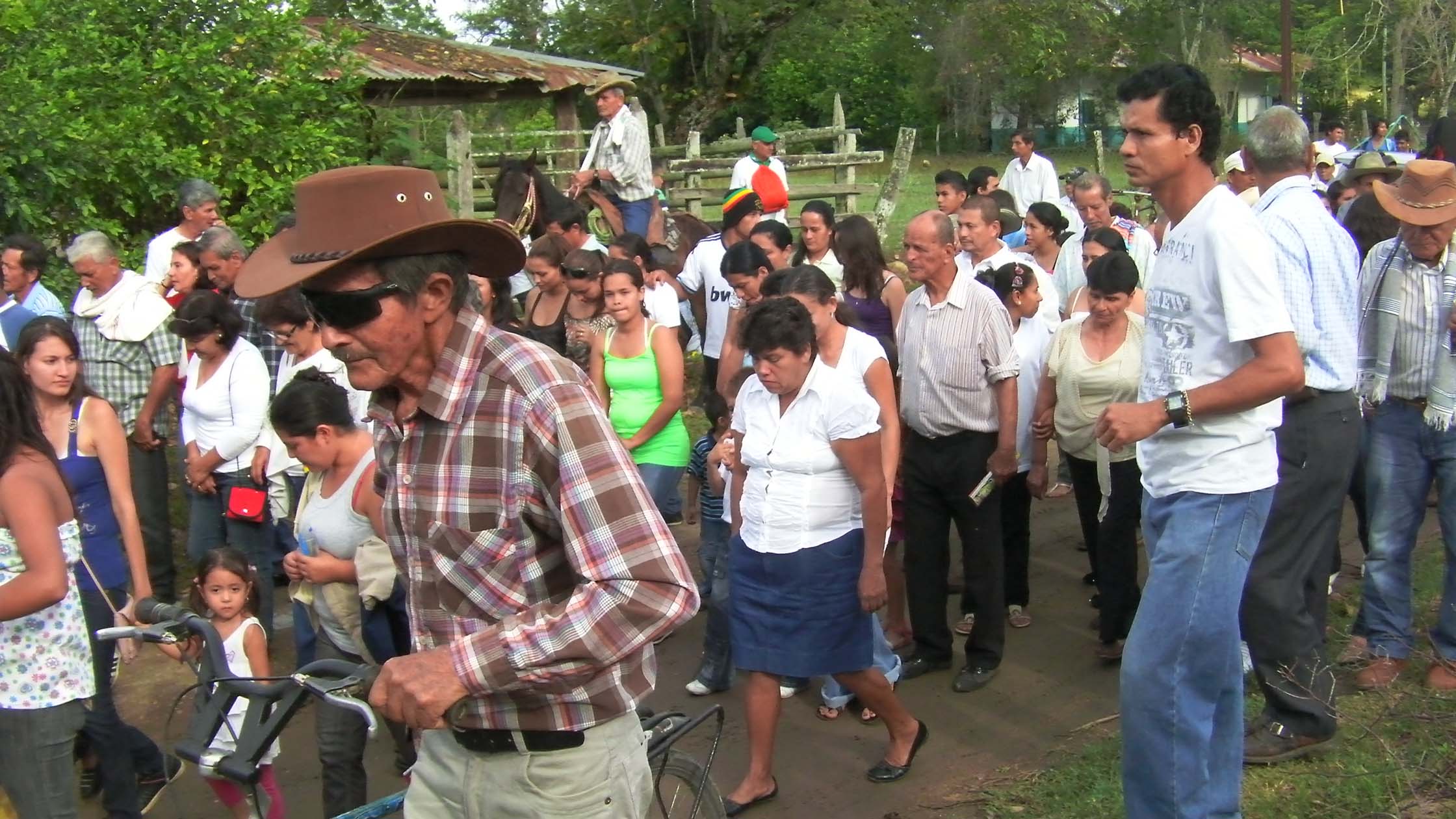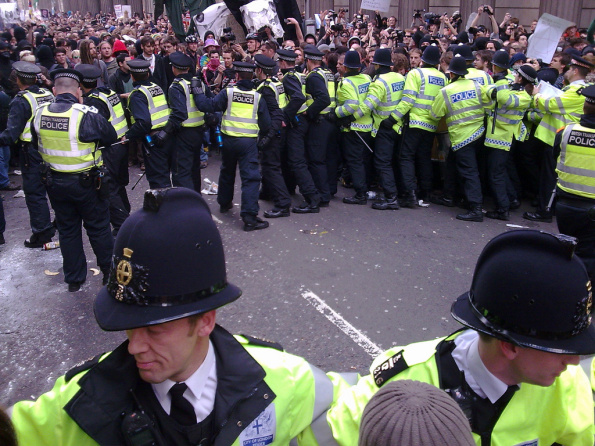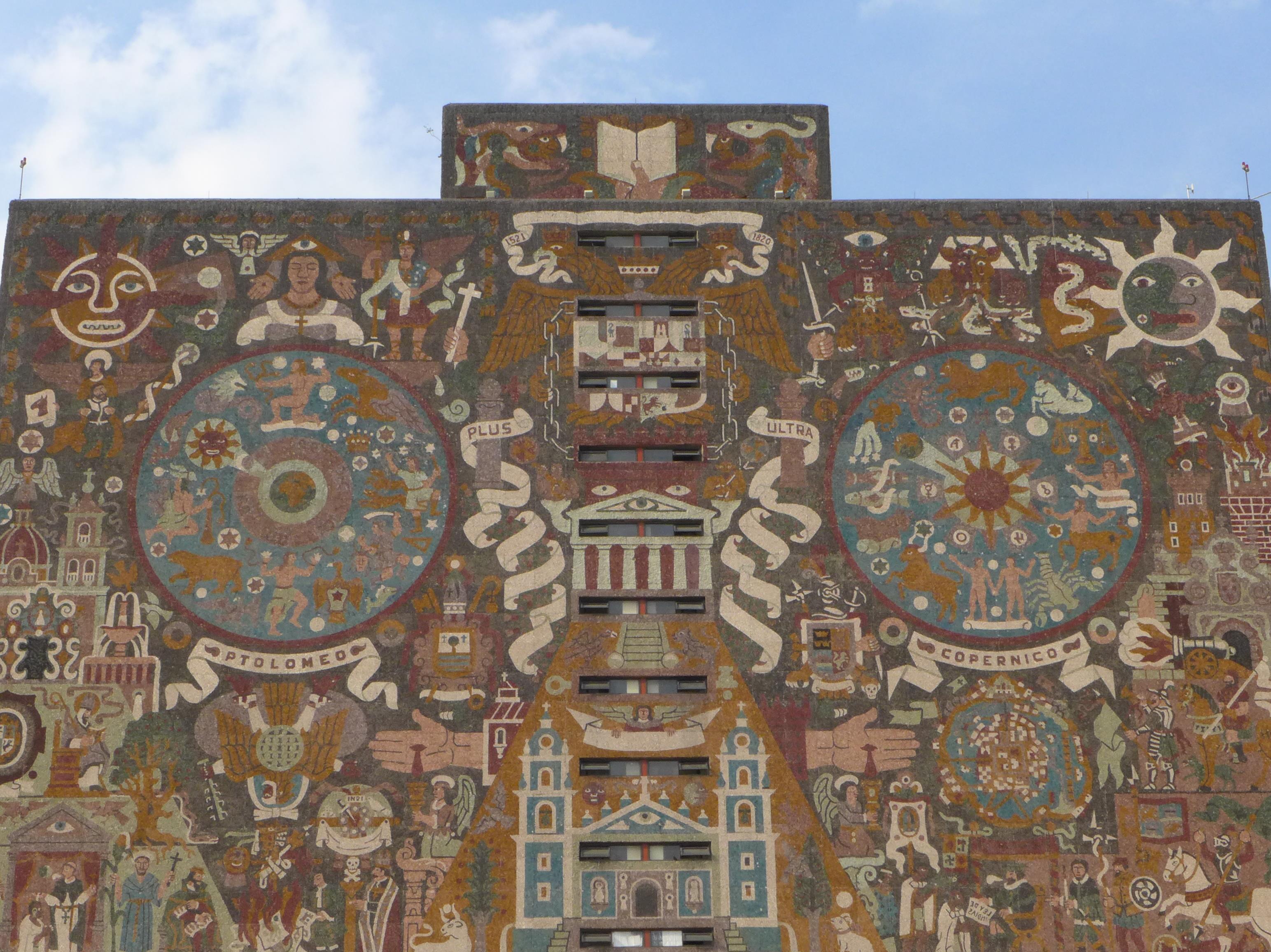Tens of thousands of coffee growers will attempt to bring roads across Colombia to a standstill in February to demand the government step in to save their troubled industry, said a strike organizer Wednesday. The coffee growers strike will block national highways across 12 departments of Colombia, in an attempt to save an industry for…
Mining Projects and Popular Movements in Colombia: Chasing AngloGold Ashanti
The road to Doima, at best unpaved and bumpy, is today crossed by rivers in flood. The rivers have submerged the low concrete bridges and at the second bridge the river is so high the bus has to stop and wait for the waters to subside. The rainstorm that caused the flood gradually dies and…
Cartagena’s poor see hopes fade along with mayor’s health
The first Afro-Colombian mayor of Cartagena is too ill to govern and his potential replacements are not similarly popular figures, said a local NGO on Sunday. Campo Elias Teran became mayor of the popular tourist city of Cartagena on January 1, 2012 riding in on a wave of popular support having made his name on…
Colombia lawyer takes on multinational mining companies
An environmental lawyer who has already helped several towns ban mining in their territory, on Monday said he will help create a provincial assembly in western Colombia with more powers to exclude mining. Juan Ceballos, a lawyer with a passion for the environment, plans to help residents in the Antioquia department in western Colombia form…
AngloGold Ashanti gold mine sparks protests in central Colombia
Multinational gold mining company AngloGold Ashanti has sparked protests as it considers processing ore in a central Colombian town 50 miles west of the capital Bogota. Hundreds of protesters gathered in Doima, a small town in the Tolima department, on the day before Christmas to demonstrate against their municipality of Piedras being considered for an…
Political organisation again
I asked someone else I met in a temporary political organising space about the unsustainability of political organising that I had noticed. I won’t comment on much but while reading it I was struck by the fact that there seems to be no pool of knowledge for long term organising that we can trust. Political…
Discussion on political organising – and how to make it better – Part 2
This is the second part of a discussion I had with Marc Hudson, co-editor of Manchester Climate Monthly and person who has been involved in political activism – mostly of the environmental persuasion – for a few years. Here we talk about whether political organisations are really looking for a broad membership, and the lack…
Discussion on political organising – and how to make it better – Part 1
This is the first part of a discussion I had with one Marc Hudson, co-editor of Manchester Climate Monthly and person who has been involved in political activism – mostly of the environmental persuasion – for a few years. I asked him about the ups and downs of political activity and why he thought they…
A silent interview on the sustainability of political movements
As part of my series of posts about the sustainability of political movements in the UK I recently interviewed an activist who took part in the 90s/00s anti-globalisation protests and who is still involved in politics. This person is still politically active so I wanted to discuss the upswings and downswings of political momentum in…
Who do business and NGO leaders regard as their peers?
I think a good way to look at the nature of boundaries between organisations is to look at communication across the boundaries. We can ask, for example, who people at the top of those organisations talk to. Who do they consider their peers? These sites are a really good resources for mapping the individuals involved…
